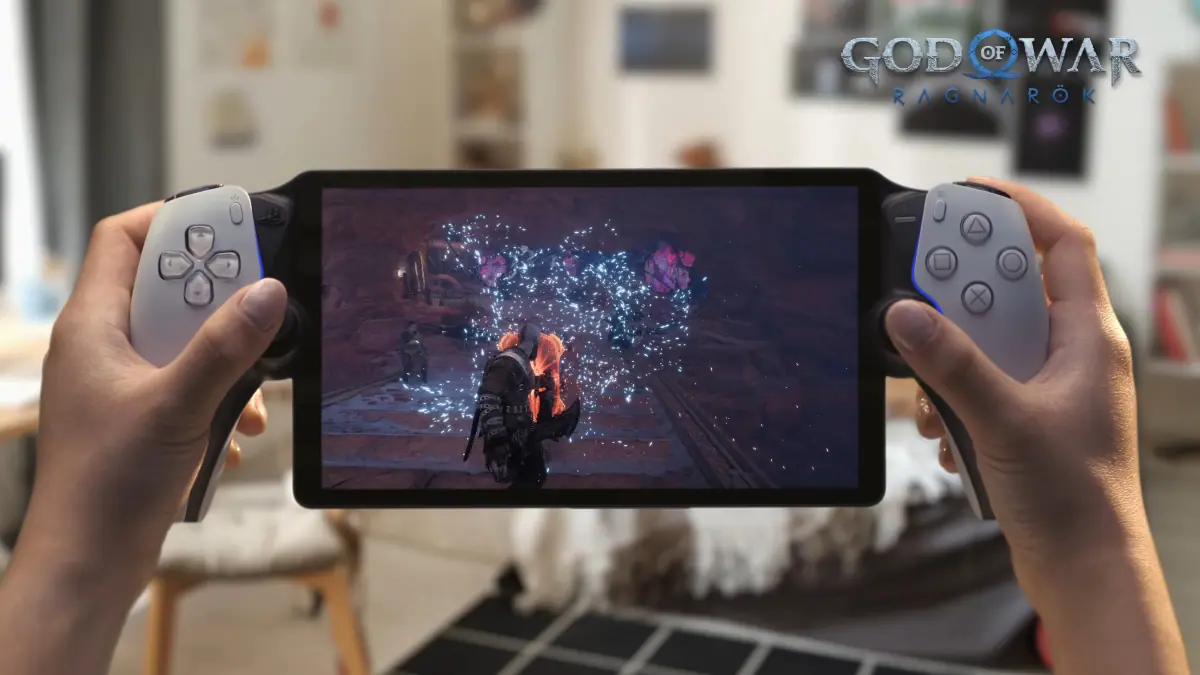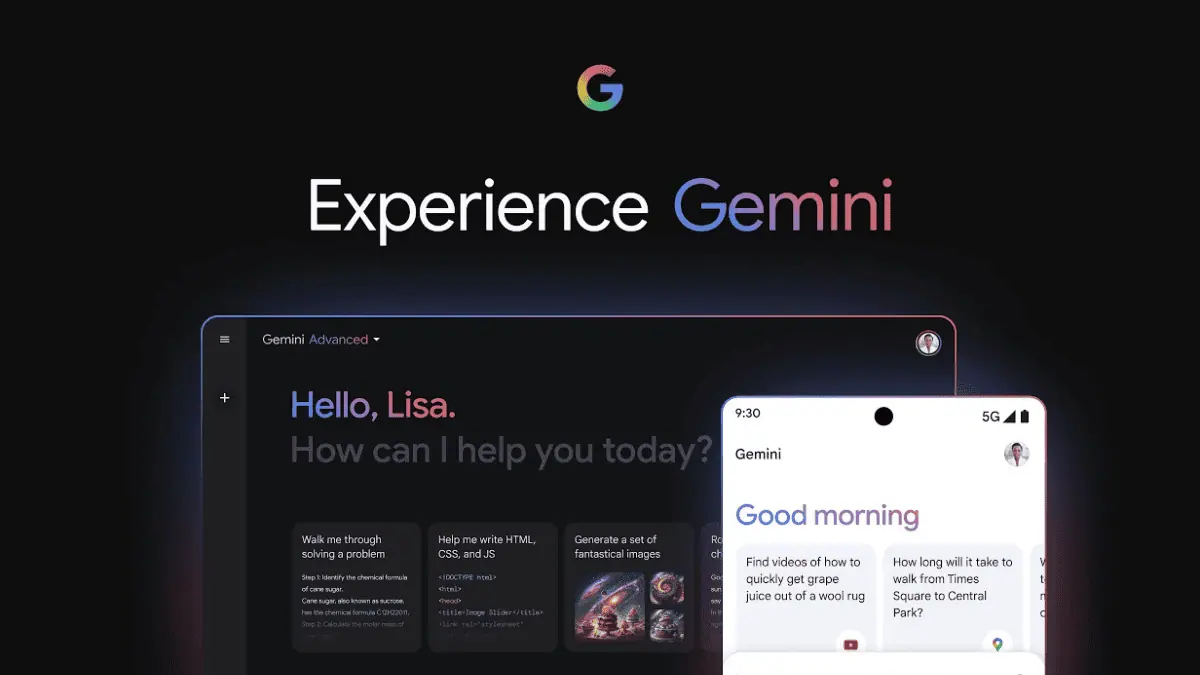Microsoft survey says 'productivity paranoia' causes bosses to doubt workers' productivity at home
3 min. read
Published on
Read our disclosure page to find out how can you help MSPoweruser sustain the editorial team Read more

A recent survey from Microsoft shows that bosses are not really impressed when it comes to the employee productivity that the work-from-home setup offers. However, workers beg to differ. Microsoft explains that this disconnection between the two groups is affected by ‘productivity paranoia.’
The survey was conducted with over 20,000 participants across 11 countries, such as the US, the UK, India, and China. According to the results, 85% of the company leaders said that the hybrid work setup makes them doubt the productivity of their employees, though 87% of these workers said they felt productive since the introduction of such a work arrangement. Microsoft’s then conducted an analysis of trillions of data points, revealing that productivity actually improved compared to the pre-pandemic periods. As a matter of fact, Microsoft believes an average Microsoft Teams user could now be attending 153% more meetings compared to years before the pandemic.
“As some organizations use technology to track activity rather than impact, employees lack context on how and why they’re being tracked, which can undermine trust and lead to ‘productivity theater,’ Microsoft explained. “This has led to productivity paranoia: where leaders fear that lost productivity is due to employees not working, even though hours worked, number of meetings, and other activity metrics have increased.”
Microsoft CEO Satya Nadella addressed the contradiction between the two sides in an interview with BBC, emphasizing the need to resolve this as the work setups and habits have already changed due to the pandemic.
“We have to get past what we describe as ‘productivity paranoia’, because all of the data we have that shows that 80% plus of the individual people feel they’re very productive – except their management thinks that they’re not productive,” the Microsoft boss said. “That means there is a real disconnect in terms of the expectations and what they feel.”
Meanwhile, Jared Spataro, Corporate Vice President for Microsoft 365, stressed to Fortune that spying on workers during remote setup using technology won’t end the issue and could even badly affect the relationship between bosses and workers.
“Some leaders miss the visibility that the office used to provide, and some companies have even turned to monitoring keystrokes, mouse movements, and onscreen activity to alleviate this paranoia,” Spataro said. “But while you might get a lot of data from tracking this type of employee activity, I can confidently say it’s the wrong data. And surveillance doesn’t just lead to bad data—it undermines trust, a critical factor in organizational success that, once lost, is incredibly difficult to regain.”









User forum
0 messages